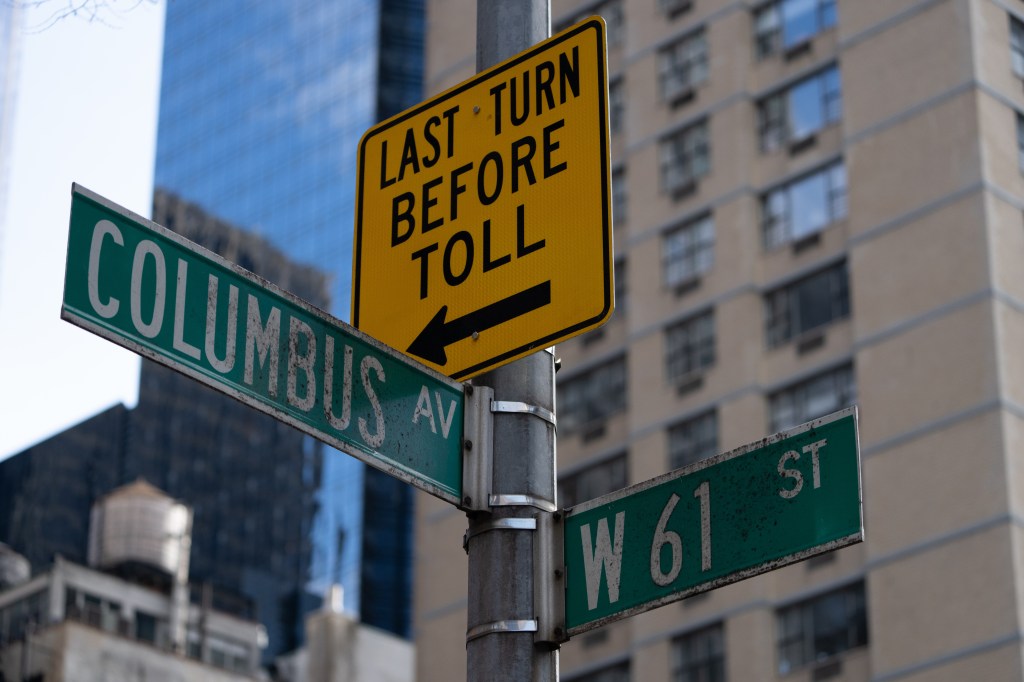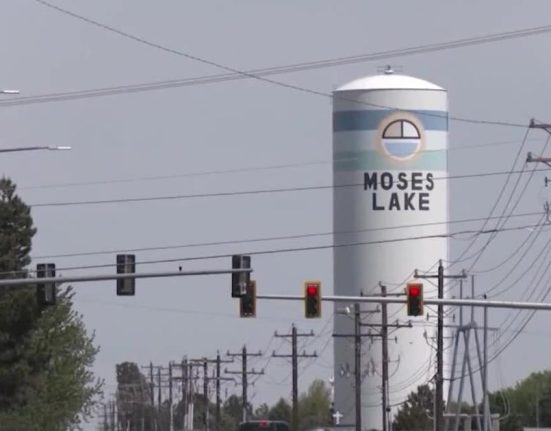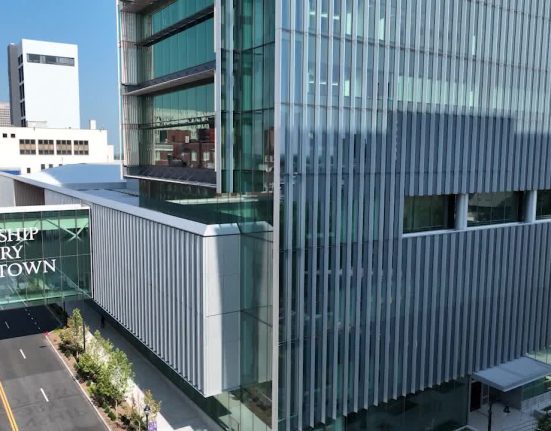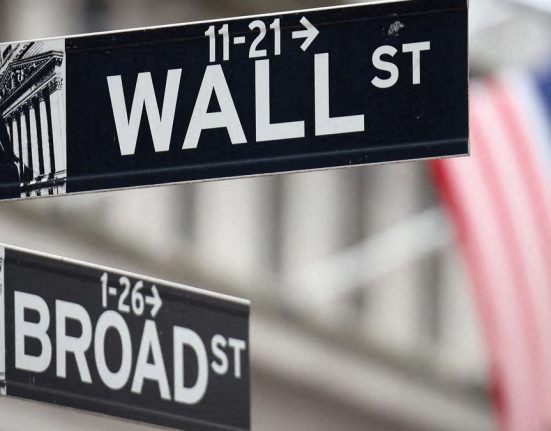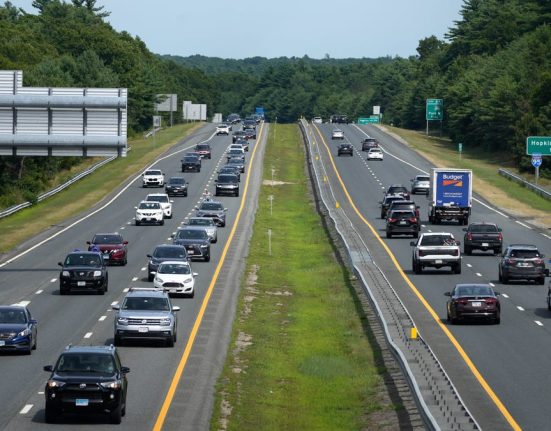A Manhattan federal judge issued a temporary restraining order Tuesday blocking the federal government from withholding funding from New York State in the ongoing battle over New York City’s congestion pricing.
Judge Lewis Liman ruled early Tuesday afternoon that the order would be in place until 5 p.m. on June 9, and would enjoin the Trump administration from withholding any funds, holding up approvals or in any way trying to enforce the U.S. Department of Transportation’s assertion that it has retroactively deauthorized the $9 toll for motorists entering Midtown or lower Manhattan.
Gov. Hochul hailed the news Tuesday, declaring it “a massive victory for New York commuters, vindicating our right as a State to make decisions regarding what’s best for our streets.”
“Secretary Duffy can issue as many letters and social media posts as he wants, but a court has blocked the Trump Administration from retaliating against New York for reducing traffic and investing in transit,” she said in a statement.
The order comes one day before a deadline set by U.S. DOT, after which the agency warned it would begin considering “compliance actions” against the Empire State for refusing to end the toll.
“[The Federal Highway Administration] may implement compliance actions as soon as May 28th,” a U.S. DOT spokesperson told the Daily News last week, a quote referenced aloud in court by attorneys for the Metropolitan Transportation Authority.
Attorneys for U.S. DOT argued that the toll had been improperly authorized by the Biden administration last year — and that, regardless, Transportation Secretary Sean Duffy had the authority to renege on any authorization because U.S. DOT priorities had changed under President Trump.
Liman echoed concerns raised by MTA lawyer Roberta Kaplan, who charged that the government’s arguments amounted to claiming a unilateral right to back out of any agreement by citing shifting priorities.
“It’s a recipe for chaos,” Kaplan said.
Liman put the question to attorneys for the feds.
“Is there going to be rule of law in this country, so that people launch public works projects without the rug being pulled out from under their feet?” Liman asked.
Charles Roberts, an attorney for U.S. DOT, defended that interpretation of the law, saying a future president could likewise seek to end any programs authorized under the Trump administration.
“Changed priorities should not have come as a surprise to anyone,” Roberts said.
Roberts was one of a pair of identically dressed attorneys from the main Department of Justice office — charcoal suits, red ties and beards — who had taken an Amtrak train up from Washington, D.C., to defend Duffy’s efforts to kill the toll.
A set of attorneys from New York’s Southern District — who questioned Duffy’s legal strategy in an internal memo that mysteriously showed up on the docket last month — were nowhere to be seen.
The congestion toll began in January — a requirement of New York State’s 2019 Traffic Mobility Act, meant to both reduce congestion and back $15 billion in bonds toward specific MTA projects.
Duffy first claimed the authority to unilaterally end the toll weeks later, in February. When the MTA sued instead of complying, Duffy gave Hochul a March 21 deadline to end the toll.
Duffy then extended the seemingly toothless deadline to April 20, then to May 21.
As the toll remained in place on May 21, Duffy — in a letter to Hochul — threatened to withhold federal funds for any highway project in Manhattan, refuse to approve Manhattan projects under the National Environmental Policy Act, and refuse to greenlight any funding amendments from the New York Metropolitan Transportation Council — unless Hochul ended the toll.
Should New York’s “noncompliance” continue, the Transportation secretary went on, he’d defund projects citywide.
In issuing an order Tuesday barring Duffy and his agency from any such actions, Liman said New York stood to suffer irreparable harms from the feds’ demands, including the “delay of numerous public works projects,” “harm to the bond market” and the “undermining [of] the authority of a sovereign state” that had democratically passed the law requiring the toll.
“I assume that, Mr. Roberts, you’ll convey that to your client,” Liman said after issuing the order. “And I assume your client will comply with it?”
“Yes, Your Honor,” Roberts said.
Originally Published:

